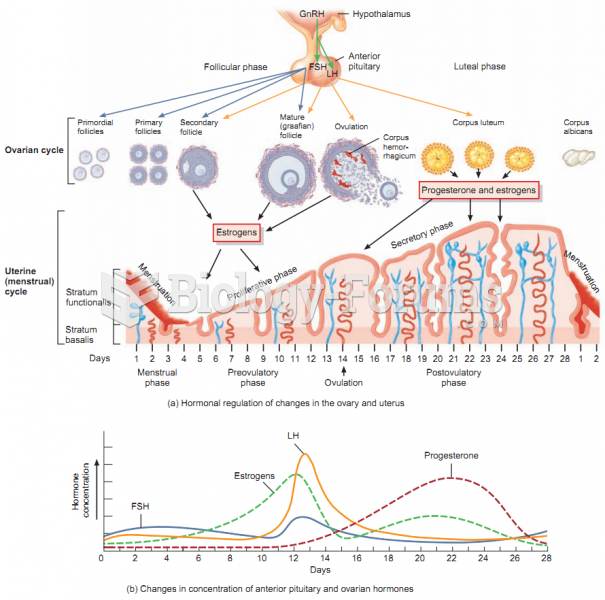The documented ROS is Complete.
29-year-old woman returns to clinic with severe cough. Over the past five days, cough has become more persistent. Throat burns constantly during day. No identified postnasal drip, although patient rates throat pain at 8/10 all the time. Both cough and pain are much worse after eating evening meal. Identifies pain along the length of throat, a burning in her chest, and reports that her mouth tastes sour along with the presence of excessive saliva in her mouth. Throat lozenges exacerbate the pain but alleviate the bitter taste in her mouth. Ice chips provide temporary relief for pain. Patient feels very anxious about pain, reporting heart palpitations and anxiety: father diagnosed with stage II squamous cell esophageal carcinoma 14 months ago. Patient engaged in smoking cessation program nine months ago after a 12-year smoking habit. In addition to HPI, patient reports loss of appetite. No report of nausea, fever chills, diarrhea, swollen joints, unusual muscle aches, headache, double vision, painful urination, or shortness of breath. No identified skin rash. History of peptic ulcer at age 14, responded well to OTC treatment with no recurrence. Occasional problem with heartburn, but patient admits she has not kept track of her own health due to schoolwork, job and father's health problems. Bronchitis complicated by pleurisy last year, responded well to ABX treatment. No history of asthma. No known drug allergies. Patient is a second year law student at Collegetown Law. Alcohol: two to four beers a week average.
Indicate whether this statement is true or false.
Question 2
The patient type is new.
29-year-old woman returns to clinic with severe cough. Over the past five days, cough has become more persistent. Throat burns constantly during day. No identified postnasal drip, although patient rates throat pain at 8/10 all the time. Both cough and pain are much worse after eating evening meal. Identifies pain along the length of throat, a burning in her chest, and reports that her mouth tastes sour along with the presence of excessive saliva in her mouth. Throat lozenges exacerbate the pain but alleviate the bitter taste in her mouth. Ice chips provide temporary relief for pain. Patient feels very anxious about pain, reporting heart palpitations and anxiety: father diagnosed with stage II squamous cell esophageal carcinoma 14 months ago. Patient engaged in smoking cessation program nine months ago after a 12-year smoking habit. In addition to HPI, patient reports loss of appetite. No report of nausea, fever chills, diarrhea, swollen joints, unusual muscle aches, headache, double vision, painful urination, or shortness of breath. No identified skin rash. History of peptic ulcer at age 14, responded well to OTC treatment with no recurrence. Occasional problem with heartburn, but patient admits she has not kept track of her own health due to schoolwork, job and father's health problems. Bronchitis complicated by pleurisy last year, responded well to ABX treatment. No history of asthma. No known drug allergies. Patient is a second year law student at Collegetown Law. Alcohol: two to four beers a week average.
Indicate whether this statement is true or false.







